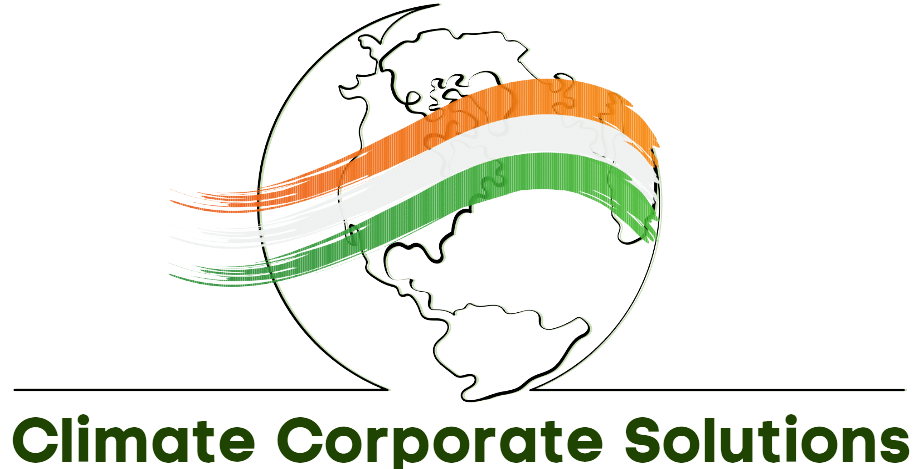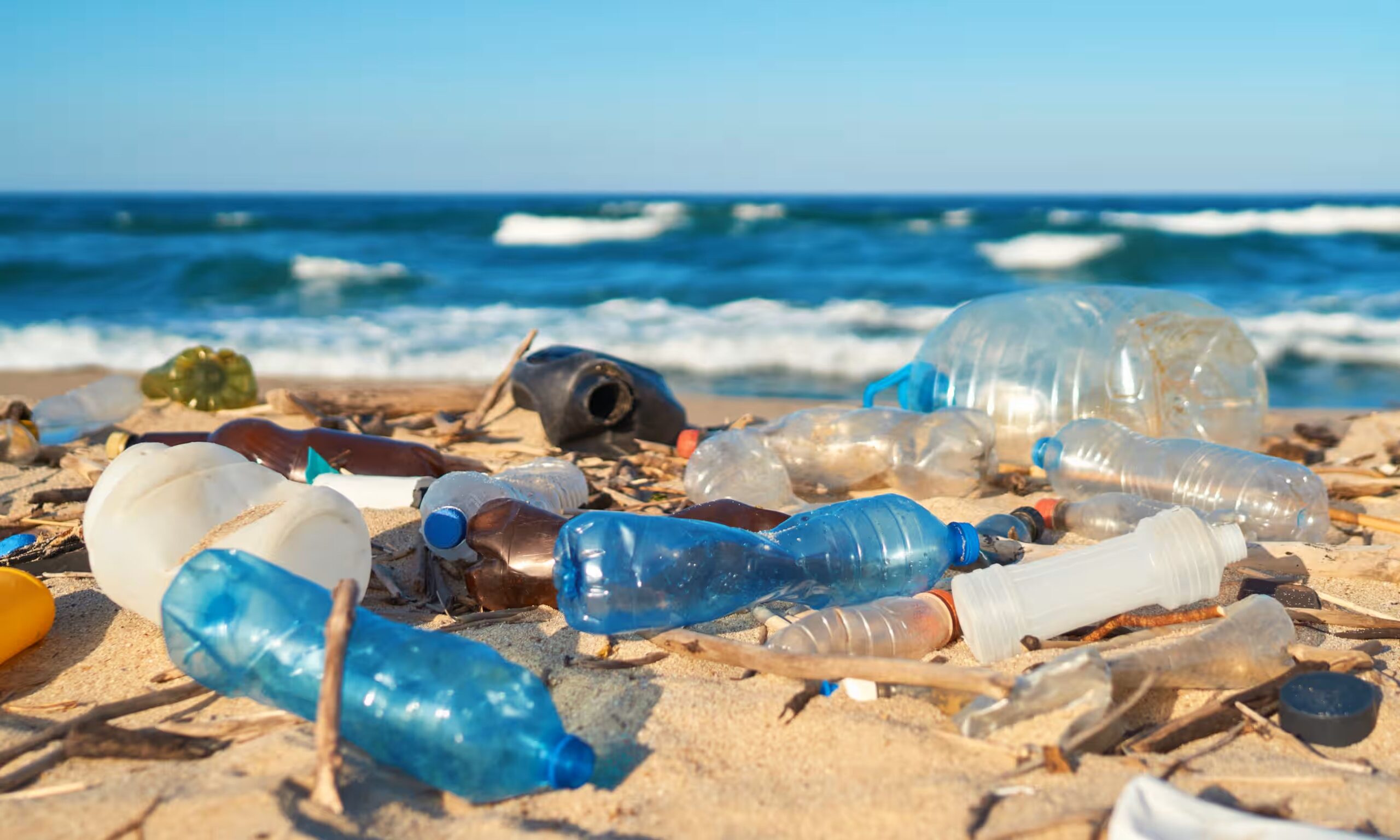According to new data obtained by Greenpeace, a high-profile alliance of oil and chemical companies formed to combat plastic pollution produced 1,000 times more new plastic than the waste it cleaned up.
The Alliance to End Plastic Waste (AEPW), which includes industry giants ExxonMobil, Dow, Shell, TotalEnergies, and ChevronPhillips, pledged in 2019 to divert 15 million tonnes of plastic waste from the environment by the end of 2023 through improved recycling, collection, and circular economy initiatives. However, that ambitious target was quietly abandoned last year as “too ambitious.”
Energy consultant Wood Mackenzie’s analysis reveals that these five companies collectively produced 132 million tonnes of polyethene and polypropylene—two of the most widely used plastics—in just five years. This output dwarfs the 118,500 tonnes of plastic waste the alliance managed to divert from the environment during the same period, primarily through recycling, landfill, or waste-to-fuel processes. Notably, this estimate doesn’t account for other significant plastics like polystyrene, suggesting the production figures could be even higher.
Internal documents obtained by Greenpeace’s Unearthed team reveal that a critical goal of the alliance was to “change the conversation” away from plastic bans, which were gaining traction globally amid public outcry over the environmental and health impacts of plastic pollution. Critics argue this shift in narrative served to protect industry interests while failing to address the growing plastic waste crisis.
The findings have sparked renewed calls for accountability from corporations that dominate the plastic production market and underscore the need for more effective, enforceable solutions to the plastic pollution crisis. While the alliance may have fallen short of its goals, the question remains: how can industries transition from rhetoric to tangible, measurable action in combating plastic waste? Read More
News Credit: The Guardian
Picture Credit: Larina Marina/Shutterstock



